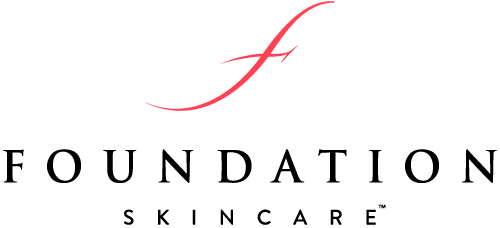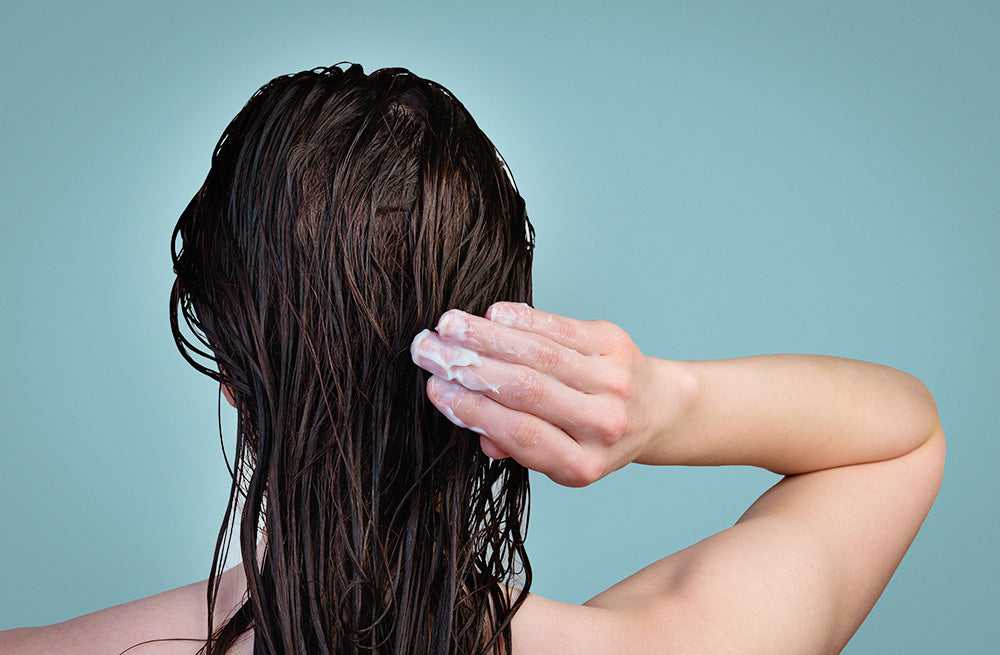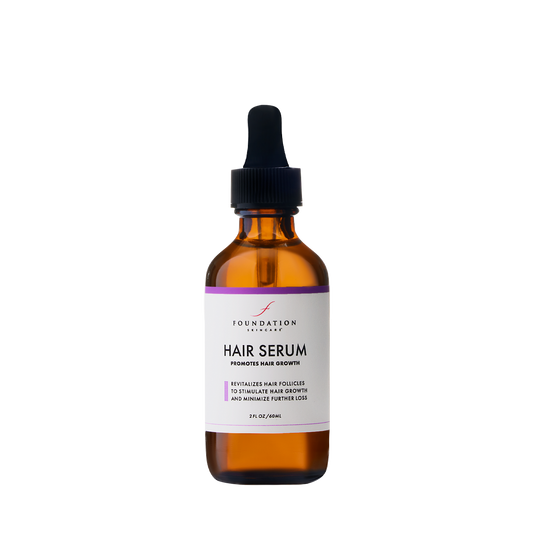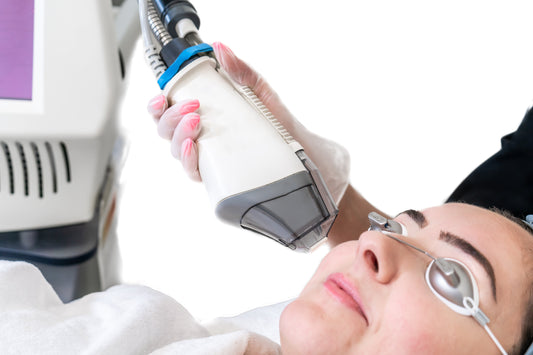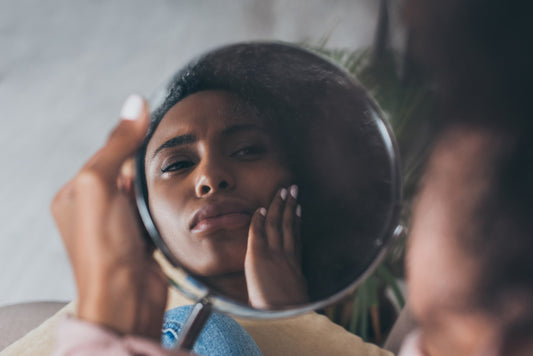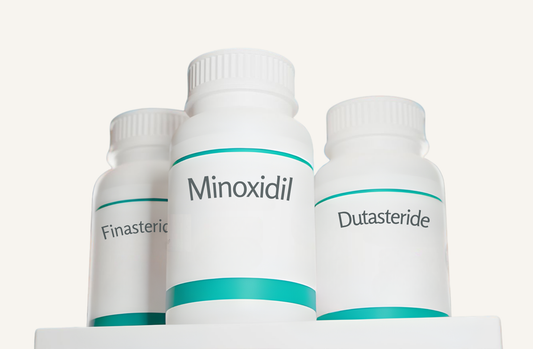Maintaining healthy hair goes beyond regular washing and conditioning. Introducing a hair mask into your hair care routine can provide an extra boost by deeply conditioning and strengthening your locks. Read on to learn the purpose of using a hair mask, various types to consider, and key ingredients you should look out for. Also learn application tips and explore other hair care products to use alongside hair masks to revamp your hair care routine.
What is the Purpose of a Hair Mask?
Also referred to as deep conditioning treatments, hair masks are designed to provide deep nourishment to hair, making it shinier, stronger, softer, and less prone to breakage and frizz.
Unlike regular conditioners you use after shampooing, hair masks contain higher concentrations of beneficial ingredients like natural oils and antioxidants that penetrate the hair shaft, delivering targeted results. Hair masks should also be left on the hair longer than regular conditioners, sometimes overnight.
While hair masks can be used by anyone looking to nourish their hair from time to time, some people use these products to reduce or reverse chemical damage caused by hair dye, hair relaxers, or perms.1 It’s best to use a hair mask if you notice your hair is dry, dull, or frizzy.
Benefits of Using Hair Masks
From enhanced hydration to increased strength and shine, there are a multitude of benefits that hair masks offer.
They include:
- Added moisture
- Less frizz
- Stronger hair less prone to breakage
- A healthier scalp
- Reduced damage and residue from chemicals
Types of Hair Masks
Whether you're dealing with dryness, tangles, damage, or color-treated hair, there's a specialized mask to address your specific concerns. Though each mask will contain different ingredients, some of the general types of masks available include:
- Deep hydration masks: If your hair is dry or dull, a deep hydration mask can nourish and replenish your strands with nutrient-rich moisturizers, such as natural oils and plant extracts.
- Damage repair masks: If your hair is damaged or prone to breakage due to chemicals or overstyling, a damage repair or strengthening mask will fortify your hair from the inside out with the help of ingredients like wheat protein, botanical oils, biotin and more.
- Scalp treatment masks: Whether your scalp is itchy, dry, or sensitive, a hair mask that targets the scalp can offer some much needed relief. These may include ingredients like honey, clay, charcoal, or tea tree oil.
- Leave-in hair masks: There are many types of leave-in hair masks that offer their own benefits. Some aim to restore damaged hair, others add hydration and shine, and some claim to help hair grow, although using a hair mask for growth may not be as effective as targeted serums and supplements.
- DIY masks: You may not even know that hair-nourishing ingredients are lurking in your kitchen cupboards or your fridge. Ingredients like coconut oil, honey, banana, and eggs are said to help condition hair and increase shine and vitality.2
Hair Serum
• 1 month supply stimulates hair growth
• Minimizes loss & breakage
Ingredients to Look Out For
From moisturizing oils like argan and coconut to protein-rich components like keratin, the right ingredients can help rejuvenate your hair and have the science to back them up.
Some of the best ingredients in hair masks include:
- Coconut or avocado oils: These types of oils contain minerals that make your hair less vulnerable to damage and breakage while penetrating the shaft with deep moisture.
- Honey: A natural humectant, which means it can draw in and retain water in your hair, honey promotes shinier hair and stronger follicles.
- Wheat protein: Wheat protein improves your hair’s overall strength, making it more resistant to breakage, which can be especially useful for those with color-treated or damaged hair.
- Aloe vera: Just as aloe vera might soothe the skin after a bad sunburn, aloe vera may help to calm and soothe your scalp with its anti-inflammatory properties.
- Shea butter: Shea butter delivers natural lipids to dry and damaged hair to amp up moisture and restore strength.
- Keratin: As a protein that helps form hair, keratin in a hair mask is said to rebuild strength and restore elasticity.
How to Choose the Best Hair Mask
Not all hair masks are created equal, and selecting the right one requires consideration of your hair type, concerns, and desired outcomes. Though some hair masks may be labeled “for men” and have woodsy or other such “masculine” fragrances, there is typically no difference between so-called hair masks for men or hair masks for women.
Here are some tips on how to choose the right mask for your needs:
- Fine or thin hair: If you have fine or thin hair, choose a lightweight mask without heavy oils or butters. Coconut oil is a good choice here as it will not weigh hair down.
- Thick hair: Thick hair can benefit from heavier butters and oils and proteins like keratin, which can reduce frizz, minimize tangles, and level up moisture.
- Color-treated or damaged hair: Masks containing active ingredients like keratin, vitamins, and humectants can help reverse damage and seal moisture into the hair.
Application Tips & Mistakes to Avoid
Applying a hair mask may seem straightforward, but there are optimal techniques to ensure you get the most benefit.
Different products will offer their own instructions but here are some general tips on how to correctly apply a hair mask:
- Shampoo hair.
- Squeeze out excess water and apply the mask from ends of hair to mid-shaft. (If you are using a mask that targets the scalp, then you will likely have to apply it to the scalp first.)
- Gently comb the mask through the hair.
- Depending on the mask you’re using, wash out after five minutes (or longer if the label recommends it), or leave on overnight.
- DO NOT apply a mask to dry hair.
- DO NOT use the mask too often or apply more than the recommended amount.
Other Beneficial Hair Products to Add to Your Routine
Foundation Skincare offers a variety of hair care products that you could use alongside hair masks to elevate your hair care routine. These include:
- Hair Serum: If you have a concern that your hair is thinning or falling out, try using Foundation Skincare’s dermatologist-formulated Hair Serum. Containing science-backed ingredients like Stimucap which prevents loss, and Capixyl, a biomimetic peptide that stimulates growth, the Hair Serum is designed to help regrow hair while slowing down loss. Other ingredients include saw palmetto, sodium DNA, niacin, and apple stem cells alongside powerful antioxidants that support the hair roots and prevent breakage.
- UnTangled Hair Supplement: Also ideal for hair thinning and hair loss, Foundation Skincare’s UnTangled Hair Supplement is proven to stimulate hair growth from the inside out with its proprietary blend of vitamins, minerals, herbs and acids. With ingredients like biotin, folic acid, saw palmetto, and marine collagen, the supplement visibly improves hair fullness, strength, and health while revitalizing a stagnant hair growth cycle.
For the most benefit, use both products together alongside other hair care practices like hair masks to nourish your hair follicles and visibly improve the health of your hair.
Learn more about caring for your hair and skin in the FS Journal.
